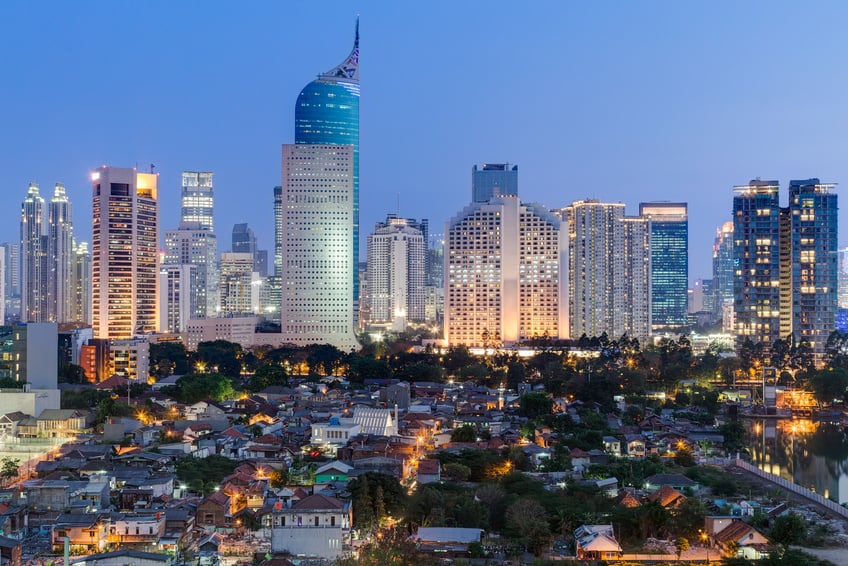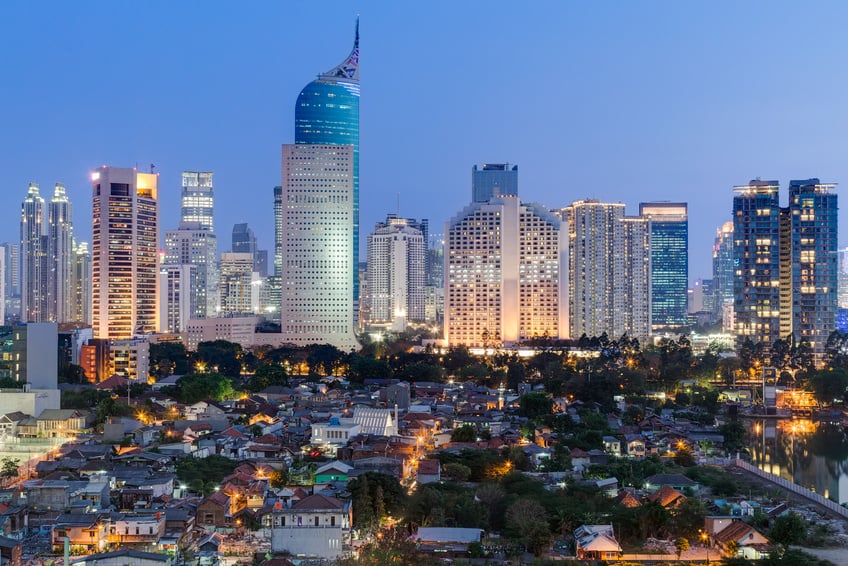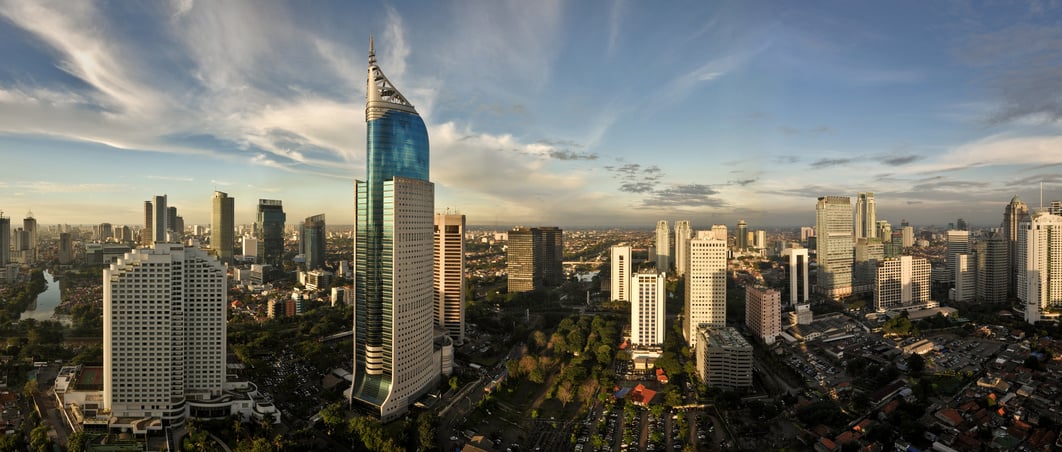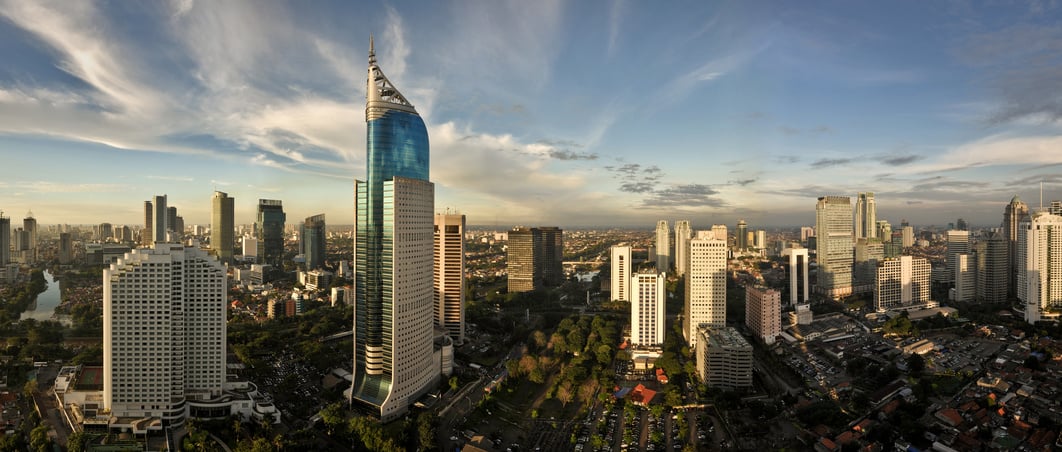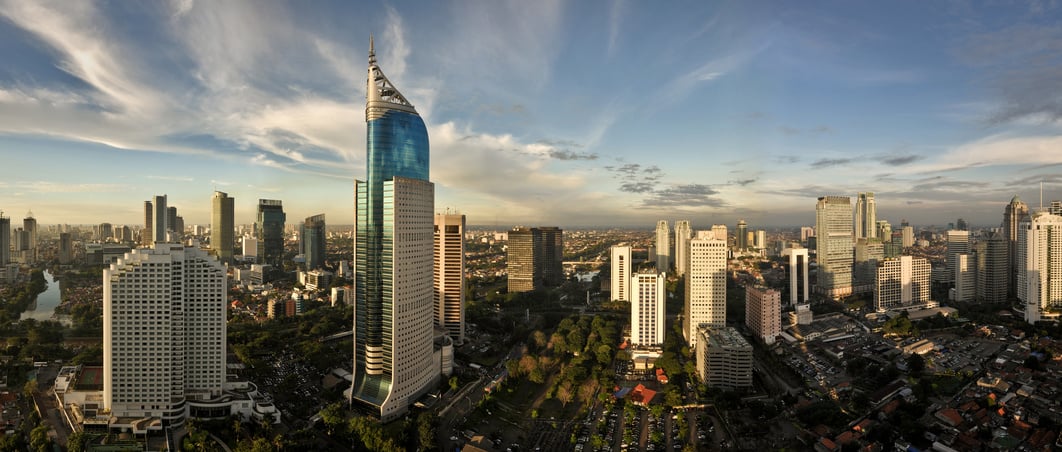On behalf importation, locally known as “under-name importation” or “QQ” importation, has been used by companies for more than a decade, ever since the Directorate General of Customs and Excise first allowed the name of the owner of goods to be included in the import declaration form (PIB). Under Indonesia’s Customs Law, the importer of record is the party that is subject to an audit or a re-examination (Penelitian Ulang), and there is no audit or re-examination of the owner of goods in a PIB using under-name importation. However, in mid-August this year, the Minister of Finance issued Regulation No. 78 of 2023 on Re-examination in the Field of Customs, which will come into force on 21 October this year. One of the objects of re-examination is the owner of goods
As a general rule on customs valuation, there are certain types of costs that should be added to the customs value. But sometimes the costs cannot be determined at the time of import (or at the time of import declaration). Thus, in 2016 the Indonesian Minister of Finance (MOF) issued MOF Regulation No. 67/PMK.04/2016 on Voluntary Declaration of Customs Value for Import Duty Calculation (“MOF Regulation 67”), which introduced ways to declare and pay those costs in the form of a voluntary declaration and voluntary payment mechanism. To provide legal certainty and improve compliance in relation to the mechanism of voluntary declaration and voluntary payment of customs value, the MOF issued a new regulation on voluntary declaration and voluntary payment, i.e., MOF Regulation No. 201/PMK.04/2020 (“MOF Regulation 201”), which came into force on 16 February 2021, and revoked MOF Regulation 67.
In December 2022, the Indonesian Minister of Finance issued a new regulation on imported goods for use, i.e., MOF Regulation No. 190/PMK.04/2022, which came into force on 13 January 2023. One of the notable highlights of MOF Regulation 190 is the new import declaration procedure for intangible goods (e.g., digital goods). This is a significant update because the previous regulations did not include provisions on this.
The consumption of Sugar-Sweetened Beverages (Minuman Berpemanis Dalam Kemasan or MBDK) in Indonesia has risen significantly in the past 20 years, making Indonesia the third highest consumer of MBDK in Southeast Asia in 2020. The high MBDK consumption may have numerous health implications that will significantly impact Indonesia’s health and social and economic development.
To deal with this issue, the Indonesian government has included excise revenue from MBDK in this year’s State Revenue and Expenditure Budget (Anggaran Pendapatan dan Belanja Negara or APBN).
In April 2022, the Minister of Finance (MOF) issued MOF Regulation No. 26/PMK.010/2022 on the Stipulation of Goods Classification System and Imposition of Import Duty Tariffs on Imported Goods, which introduced changes made to the Harmonized Commodity Description and Coding System (HS) Code regime and updated Indonesia’s Customs Tariff Book (CTB). The CTB is amended every five years because the HS, on which it is based, is updated every five years to account for technological developments, changes in trade patterns, and the changing of global situations and conditions.
A recent development concerning the replacement of a Ministry of Trade export restriction with a Ministry of Finance progressive export levy may be an indication of the Indonesian Government’s intention to implement wider restrictions for exports in the near future. It is fair to say that Indonesia is welcoming the era of export restrictions.
“In the spirit” of simplifying Indonesian regulatory frameworks, the Minister of Trade (MOT) recently issued MOT Regulation No. 18 of 2021 on Goods Prohibited from Being Imported and Exported to further implement Government Regulation No. 29 of 2021 on the Organization of the Trade Sector.
On 7 May 2021, Indonesia ratified a Comprehensive Economic Partnership Agreement (CEPA) with the European Free Trade Association (EFTA). The CEPA was introduced to accelerate the economic recovery from the effects of the pandemic and enhance comprehensive economic cooperation between Indonesia and the EFTA.
In response to an Indonesian Trade Security Committee report that shows that local manufacturers are threatened by the increased import of apparel and its accessories, the Ministry of Finance has imposed a safeguard duty on imports of those products. Minister of Finance Regulation Number 142 of 2021 on the Imposition of Safeguard Duty on the Import of Apparel and Its Accessories became effective on 12 November 2021.
The Ministry of Trade (MOT) has issued Minister of Trade Regulation No. 59 of 2020 (“Regulation 59”) which is an amendment to Minister of Trade Regulation No. 118/M-DAG/PER/12/2015 on Import Provisions for Complementary Goods, Goods for the Purpose of Market Testing, and After-Sales Service (“Regulation 118”).


